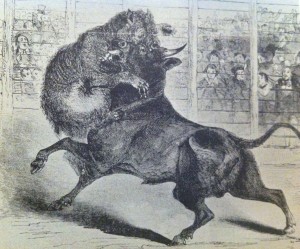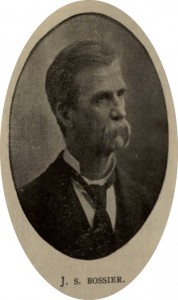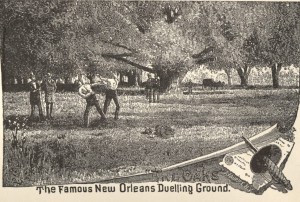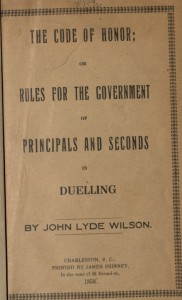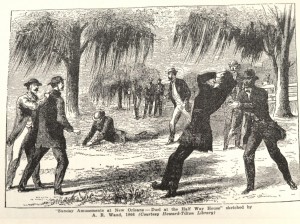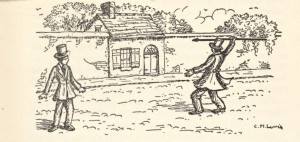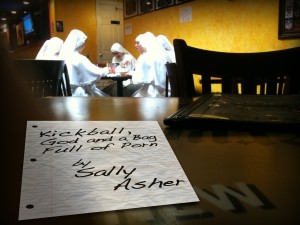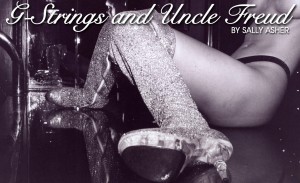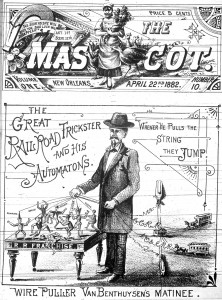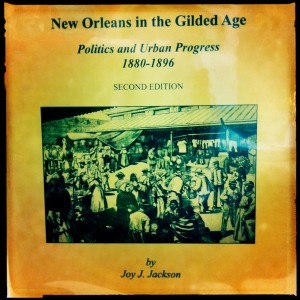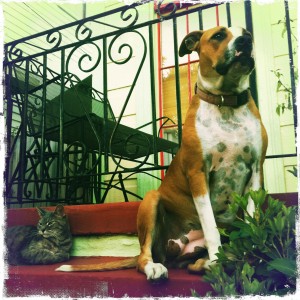Introducing My Two Photography Assistants

Django and Fannie
I would like to kick off my blog by paying tribute to my two favorite photography assistants – Fannie and Django. These much-loved, but often overlooked creatures influence anything remotely artistic or incredibly technical.
But what, you ask, makes them tick? What inspires them? What tickles them with rhapsodic waves of jubilation from their heads to their tails?
In an attempt to better understand them, I gave them each the famous Proust questionnaire. Marcel Proust, the nineteenth century French writer, designed this questionnaire to reveal the inner most workings of one’s personality. I was delighted, shocked and titillated by many of their answers.
Here for you is a closer look at the secret power force behind Sally Asher Arts.
Django Boy Asher (aka Grunt, White Bean)

Django Boy Asher
1. What is your idea of perfect happiness?
Having my butt rubbed while I eat cheese and snuggle with sister after a long family adventure that involves mud and rolling in something smelly.
2. What is your greatest fear?
Being alone in a room where the door is open, but with something low and intimidating lying across it blocking my exit, and there’s a centipede in the room with me. And my sister is in the next room just laying there!
3. Which historical figure do you most identify with?
That’s hard to say. I break the mold…. But if I had to just name one it would probably be “The Boy Who Cried Wolf.”
4. Which living person do you most admire?
Mommy.
5. What is the trait you most deplore in yourself?
Nothing. I am a perfect boy.
6. What is the trait you most deplore in others?
Not recognizing that I am a perfect boy, but I don’t deplore them for it – I just pity them.
7. What is your greatest extravagance?
Having multiple beds…. And the occasional cheese treat… And bacon treat… And carrot treat… Just any treat in general.
8. On what occasion do you lie?
Well… uh… um… Sometimes, when I have already been on a long walk or puppy adventure, I have been known to tell someone that I actually haven’t been anywhere and require immediate entertainment… But I can’t help myself. I can’t.
9. What do you dislike most about your appearance?
Nothing. Even my butt swirls are delightful.
10. When and where were you happiest?
Every morning when I wake up and get rubbies and kisses. Every day is a new day full of possibilities!
11. If you could change one thing about yourself what would it be?
That I had thumbs.
12. If you could change one thing about your family what would it be?
That they would be around me 24/7.
13. What do you consider your greatest achievement?
Being found by Mommy and Fannie after being thrown in the back of a pick-up truck.
14. If you died and came back as a person or thing what do you think it would be?
I am not going to die.
15. What is your most treasured possession?
Fannie.
16. What do you regard as the lowest depth of misery?
Being without my family.
17. Who are your heroes in real life?
My parents and Sister.
18. What is it that you most dislike?
Centipedes and the mailman.… And nutria – if I can ever catch them.
19. How would you like to die?
Once again, I am not going to die.
20. What is your motto?
Every day is Christmas.…. And a little tip goes a long way.
Fannie Pie Asher (aka Pie Girl, Three Hearts)

Fannie Pie Asher
1. What is your idea of perfect happiness?
Sleeping in, clear skies, and an open field.
2. What is your greatest fear?
Being struck by thunder.
3. Which historical figure do you most identify with?
Grace Kelly, although I’m not as promiscuous.
4. Which living person do you most admire?
Daddy.
5. What is the trait you most deplore in yourself?
My fear of the weather.
6. What is the trait you most deplore in others?
Those who think they can get away with picking on my brother.
7. What is your greatest extravagance?
Two Trouts.
8. On what occasion do you lie?
I don’t lie.
9. What do you dislike most about your appearance?
Once I had a really bad wart on my face, but luckily it fell off just in time for Christmas.
10. When and where were you happiest?
Any time I am on a soft bed, in the sun, and having my belly rubbed.
11. If you could change one thing about yourself what would it be?
That I would be less nervous about changes in the weather.
12. If you could change one thing about your family what would it be?
That they would move to a climate where it never storms.
13. What do you consider your greatest achievement?
Finding Django in the back of a pick-up truck.
14. If you died and came back as a person or thing what do you think it would be?
A ray of sunshine.
15. What is your most treasured possession?
My family… and my crate.
16. What do you regard as the lowest depth of misery?
Getting scolded and/or getting squirted with a squirt gun.
17. Who are your heroes in real life?
Daddy.
18. What is it that you most dislike?
Thunder and the mailman.
19. How would you like to die?
In my sleep, cuddled up next to my family.
20. What is your motto?
The path of least resistance often gets you carried outside.

On the watch

Off the clock

